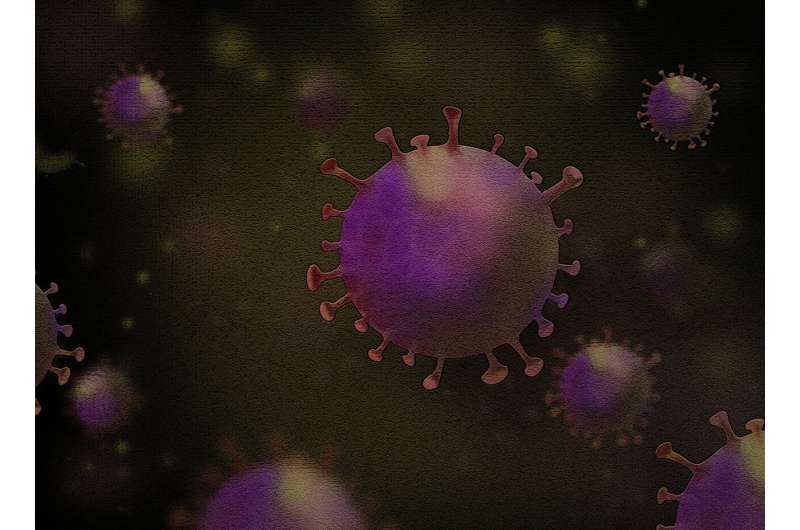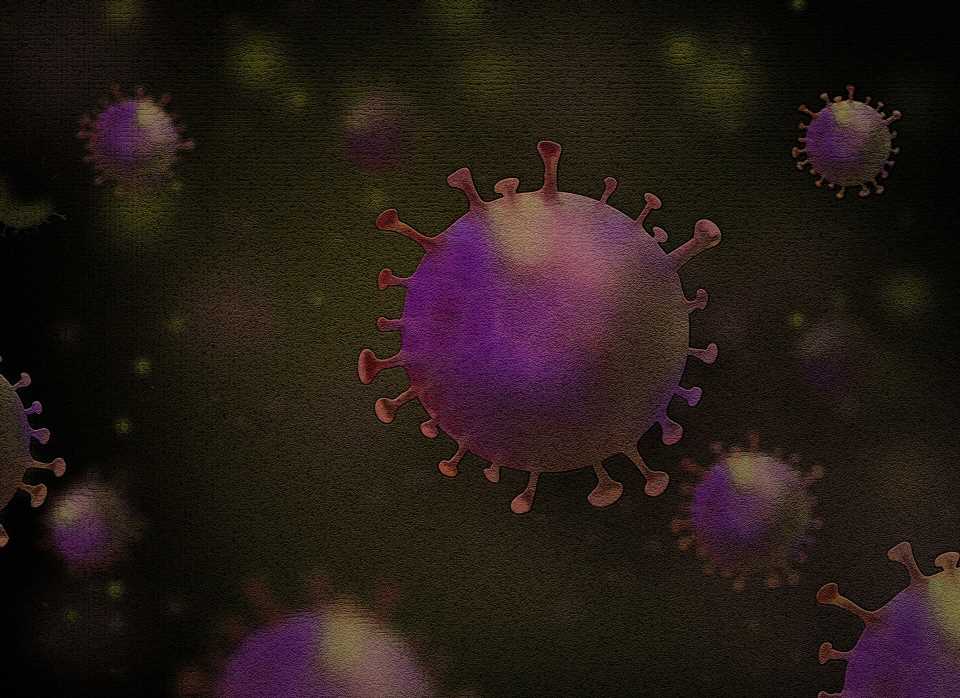
Vaccination protects against severe COVID-19 but not against infection. Researchers at Karolinska Institutet and Danderyd Hospital now show that protection against infection with the new omicron variants is linked to mucosal IgA antibodies, which are not induced by vaccination. These are the findings of two studies recently published in The Lancet Infectious Diseases, and The Lancet Microbe, and could explain the limited protection by currently available vaccines against infection.
The COMMUNITY study enrolled 2,149 health care workers in the spring of 2020 at Danderyd Hospital, Sweden. Study participants and their immune responses against SARS-CoV-2 have continuously been monitored through regular blood and airway samplings complemented with PCR screenings.
A subset of 447 participants were enrolled in a weekly PCR screening study detecting SARS-CoV-2 infections in the autumn of 2022. Mucosal IgA in nasal samples and serum IgG were determined at enrollment. The results, published in The Lancet Infectious Diseases, revealed a 50% risk reduction for infection with the newer omicron variants if detectable mucosal IgA at baseline.
Stronger protection with higher antibody levels
Protection against infection increased with increasing mucosal IgA levels, with a 25% risk reduction for every 2-fold increase. Moreover, mucosal IgA had a higher cross-binding capacity to other SARS-CoV-2 variants as compared to serum IgG, and there was no association between high serum IgG levels and protection against infection.
“While there was a clear link between serum IgG and protection against infection with previous SARS-CoV-2 variants, our findings now question the use of serum IgG levels as a correlate to protection against infection with recent omicron variants,” says Ulrika Marking, Ph.D. student at the Department of Clinical Sciences at Karolinska Institutet and Danderyd Hospital, and first author.
Limited vaccine protection
Another sub study, initiated in fall of 2023 and recently published in The Lancet Microbe, investigated mucosal antibody responses to a fourth mRNA booster dose. Mucosal IgA in nasal samples and serum IgG in blood were analyzed from 24 participants before and at repeated time points after the booster dose.
While serum IgG levels increased as expected, the fourth vaccine dose did not affect mucosal IgA levels.
“Currently available intramuscular vaccines continue to protect against severe disease and death, but their ability to protect against infection with the new omicron variants is limited,” says Oscar Bladh, Ph.D. student at the Department of Clinical Sciences at Karolinska Institutet and Danderyd Hospital, and first author.
“The findings from these two studies underscore the need for the development of novel vaccine platforms capable of inducing robust mucosal immune responses protecting against respiratory viral infections,” says Charlotte Thålin, associate professor at the Department of Clinical Sciences at Karolinska Institutet and Danderyd Hospital, and principal investigator of the COMMUNITY study.
“Although the primary aim of vaccination is to protect against severe disease and death, it is also crucial to prevent infection and viral transmission of respiratory viral families with high epidemic or pandemic potential.”
The COMMUNITY study continues with regular samplings from blood and mucosa, monitoring immune responses after repeated SARS-CoV-2 infections and vaccinations.
More information:
Ulrika Marking et al, Mucosal IgA protects against BQ.1 and BQ.1.1 infection, The Lancet Infectious Diseases (2023). DOI: 10.1016/S1473-3099(23)00421-8
Oscar Bladh et al, Mucosal immune responses following a fourth SARS-CoV-2 vaccine dose, The Lancet Microbe (2023). DOI: 10.1016/S2666-5247(23)00102-7
Journal information:
Lancet Infectious Diseases
,
The Lancet Microbe
Source: Read Full Article
